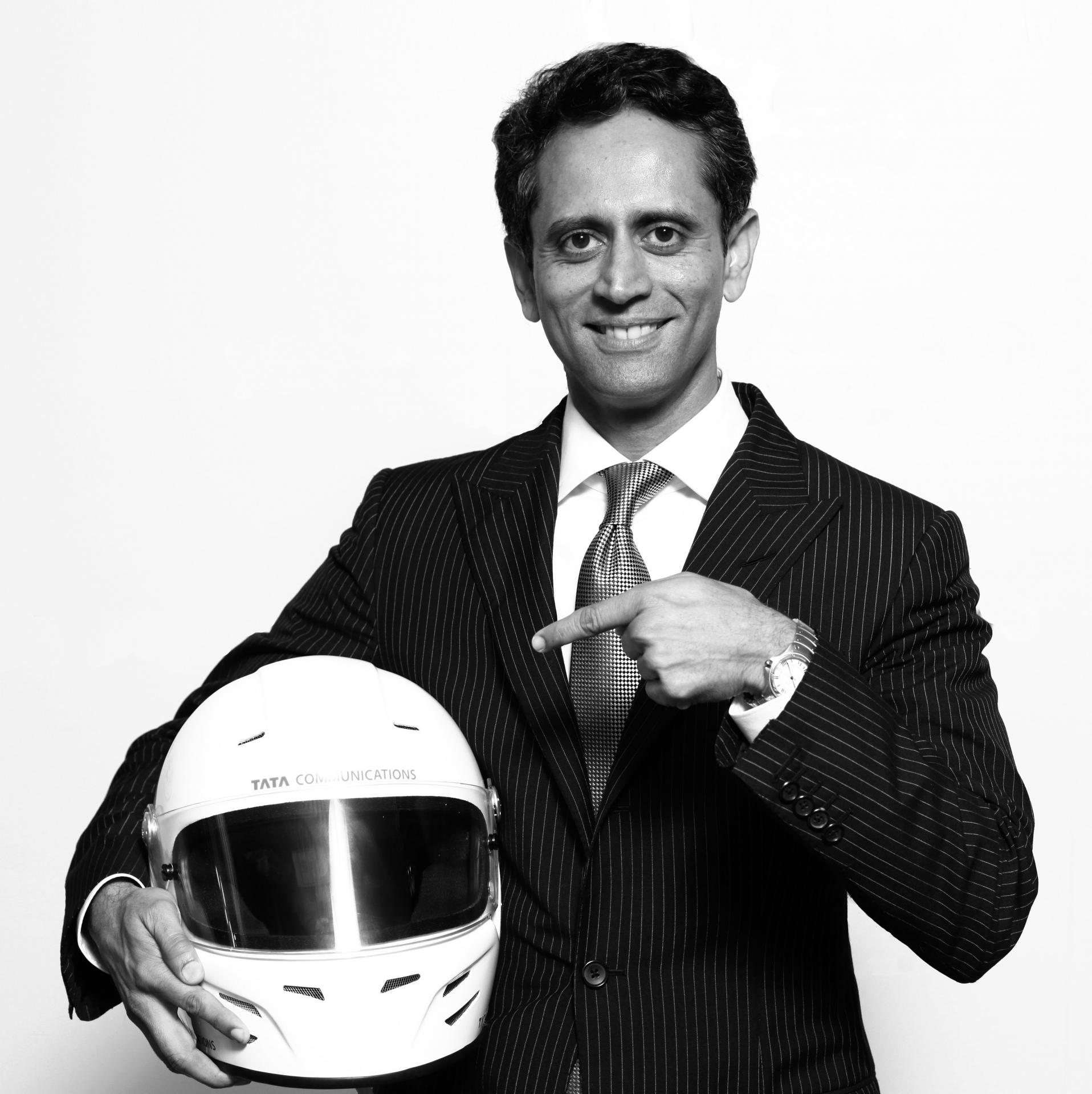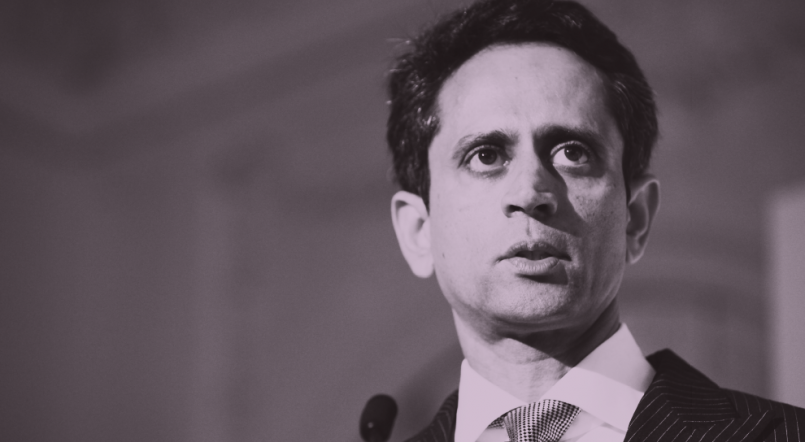HQ Asia: As a CEO, you have to juggle many priorities – just how important is it for Tata Communications to develop leaders across borders?
In our case, it is nothing short of paramount importance. The business of our company is enabling organisations to communicate and collaborate across borders.
When we started, our customers told us exactly what they needed – a partner who is truly global. They needed us to have business proximity to their decision-makers. They wanted global talent to build and deliver these communication solutions to them. As such, it made no sense for us to have a highly centralised business, or a business structure that would just export talent out of India. Therefore, we decided that being global has to be an imputed quality of our organisation.
From the start, our business had no headquarters and today my leadership team operates out of six cities around the world. The distribution of nationalities in the organisation is roughly 50% Indian and 50% non-Indian. 9 out of my 12 direct reports have lived and worked in multiple countries. We have products that are sold in India but have been designed by teams elsewhere. This requires us to have truly versatile leaders who can transcend borders.
Look at it from another angle: if we don’t have these cross-border leaders, we will suffer from all fronts.
First, our ability to sympathise with our customers’ situations will be diluted. This will affect the technical solutions that we offer to our clients.
Second, we will not be able to relate to our customers globally. For example, taking the model of exporting talent out of India and relocating them in another location. This will weaken our ability to rapidly build relationships with our customers and suppliers in other markets.
The third challenge is speed. One big value proposition we take to our customers is having the local presence and knowledge that translates into speed of doing business. Without leaders who can operate across borders, everything we do will be much slower.

Vinod Kumar - driving global leadership at Tata Communications
In your own personal journey, what experiences were most pivotal in shaping you as a leader across borders?
One pivotal experience was early on in my career, when I first had P&L responsibility in India. I learnt from my seniors that you should take a chance with young people and throw them into the deep end of the pool once in a while. You don’t always need to go with experienced hands. Take a chance with people. As a result, we have made a few decisions where people are swimming very well in tough and turbulent waters.
The most defining experience for me was when I worked in Japan. I had P&L responsibility of an entirely Japanese organisation at the age of 33. A lot of people questioned what a young leader could do managing a business in a country like Japan. Yet my Japanese staff embraced me completely and we delivered a lot of great things in the marketplace, working together as a team.
What I learnt in Japan and take with me wherever I go is that human beings everywhere are basically wired the same way. The same basic factors motivate people everywhere. It is just that the buttons that you should press are slightly different.
You are saying that there is a commonality that binds people from different cultures? How do you balance the need to adapt and remain authentic at the same time?
For me, I don’t think they are mutually exclusive. The goal is to build people who are versatile across borders without sacrificing who they are. I believe authenticity is critical and you cannot fool people. People are sharp and they can pick up very quickly if you are not being authentic. But what is being authentic?
Authenticity is being self-aware, and knowing what defines you as a human being and as a leader. It is also about realising that you are not above or below anybody else. Authenticity helps you to build trust and connect with different people.
I also believe that if you peel out the superficial layers, you will find that human beings across the world are driven by similar objectives. Regardless whether you deal with the French, Chinese, or Indian, things that worry people, things that cause anger, fear and greed, things that motivate people to perform, are similar.
Obviously there are cultural gates that you need to navigate through. But if you can be authentic in the way you deal with people, invariably you will be able to build meaningful trusting relationships with them.
In doing this, you are in a much better footing than thinking that that there are fundamental differences between people around the world.
You mentioned that the Japanese are similar to yourself in many aspects. Yet many other people who had spent years in Japan would say that the Japanese are not easy to understand. What did you do to break the ice and how did you gain their trust?
If you approach them thinking they are different, they will prove to be so. If you approach them saying “I believe you are just like me”, then you will find real commonalities.
It is a common myth that the Japanese are different from everyone else. Yes, they are different because they are concerned about making decisions with consensus and they are not very expressive with their feelings. But that is not that different from the situation in Thailand, Hong Kong or even Singapore.
When you open the floor for questions and no one responds, you will have to simply reach out and draw them into the conversation. Of course you can’t give up the first time you run into roadblocks. And you will surely run into them.
Authenticity is being self-aware, and knowing what defines you as a human being and as a leader. It is also about realising that you are not above or below anybody else.
You have to find ways to build connections with people – it should not be just about work. The need to connect is the same everywhere, but the way in which they connect may differ. When you go to Australia you talk about sports, like Aussie-rules football. When you are in India, you talk about Bollywood.
When I was in Japan, I used to go for weekend skiing trips with my young Japanese colleagues. We slept in sleeping bags in a guesthouse, 20 people in a room. These young staff felt that I was not hierarchical and was able to level with them. When you have someone from the organisation doing it, half of them will think that you are strange and the other half will get what you are trying to do. These people will then convince the skeptics that you do it because you want to build genuine connections with them.
What advice would you give to organisations that aspire to become global?
First, think about where you ought to be on the global versus local scale, what services you offer and what your customers really need. Let that determine your leadership structure and framework. Even though our general principle is to have a globally oriented organisation and leaders, we also entered into some markets like South Africa, that required us to be very local. In those places, there is no need to impose globally versatile leaders. So we do have some parts of the business where we get good local talent that is relevant to the markets.
Another advice is to be patient in addressing the ‘knowing-doing’ gap in building your global leaders. One of my key goals when I took over as CEO 18 months ago was to build a deep pool of global leaders. Over the last 18 months, we noted that we know what needs to be done; the HR and management team are fully behind our agenda. Yet, there is only so much inertia that you can overcome to drive change in the organisation.
Therefore, we slowed down some of our training and development programmes and tried to take more sequential steps. Instead of trying to boil the ocean, we are prioritizing the positions where it is most critical to develop global mind-sets. It’s a journey to becoming a truly global organisation, and all journeys start with small first steps.
This article was first published in HQ Asia (Print) Issue 05 (2013).


